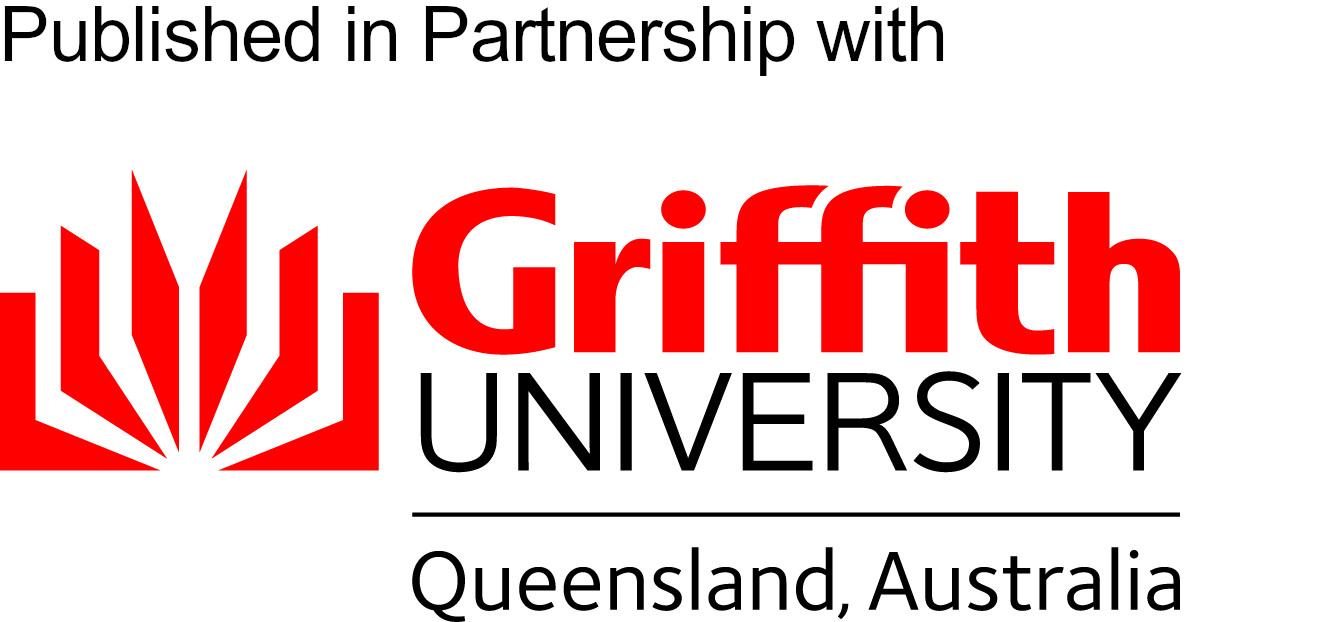Beyond the 'crisis and losers of globalisation' thesis
Explaining the appeal of One Nation
DOI:
https://doi.org/10.1017/qre.2018.4Keywords:
2017 Queensland state elections, One Nation, populism, 'losers of globalisation', Global Financial Crisis (GFC)Abstract
There appears widespread consensus that economic downturns and peaks in immigration boost the appeal of populist parties. Economic crises, so the argument typically goes, increase fear and frustration among poor working-class voters. According to this ‘losers of globalisation’ logic, the recent revival of populist parties like One Nation should be attributed the Global Financial Crisis (GFC) and a worsening global refugee crisis. At first glance, this logic seems plausible and intuitive. However, recent research has revealed that populist parties can thrive in times of economic prosperity, and attract large numbers of relatively affluent voters. According to this more recent research, support for populist parties tends to follow a V-curve pattern, with such parties attracting both voters who are ‘doing it tough’ financially (relative deprivation) and voters who enjoy above-average levels of prosperity (relative gratification). In this article, we analyse One Nation’s performance in the 2017 Queensland state elections from this new vantage point. Although we did not encounter a clear V-curve pattern, the findings nonetheless confirm earlier research showing that ‘income’ is a poor predictor of One Nation support. Discussion focuses on directions for future research, and urges populism researchers to move beyond a narrow focus on crisis, deprivation, and ‘losers of globalisation’.
References
De Botton, A. 2004. Status anxiety. Melbourne: Hamish Hamilton.
Department of Immigration and Border Protection (DIBP) 2009. Immigration statistics, https://www.homeaffairs.gov.au, accessed 20 March 2018.
Dollard, J., Doob, L. W., Miller, N. E., Maurer, O. H. and Sears, R. R. 1939. Frustration and aggression. New Haven, CT: Yale University Press.
Dorling, D. 2016. ‘Brexit: The decision of a divided country’. British Medical Journal 354: i3697.
Ehrenreich, B. 1990. Fear of falling: The inner life of the middle class. New York: Harper Perennial.
Fortuyn, P. 2002. De puinhopen van acht jaar Paars. Uithoorn: Karakter.
Geary, R. 2002. Hitler and Nazism. London: Routledge.
Grofman, B. N. and Muller, E. N. 1973. ‘The strange case of relative gratification and potential for political violence: The V-curve hypothesis’. American Political Science Review 67, 514–39.
Guimond, S. and Dambrun, M. 2002. When prosperity breeds intergroup hostility: The effects of relative deprivation and relative gratification on prejudice. Personality and Social Psychology Bulletin, 28, 900–12.
Hamilton, R. F. 1984. ‘Braunschweig 1932: Further evidence on the support for National Socialism’. Central European History 17(1), 3–36.
IPSOS/Synovate 2010. ‘Netherlands study’, https://www.ipsos.com, accessed 20 March 2018.
Jetten, J., Mols, F., Healy, N. and Spears, R. 2017. ‘“Fear of falling”: Economic instability enhances collective angst among societies’ wealthy class’. Journal of Social Issues 73(1), 61–79.
Jetten, J., Mols, F. and Postmes, T. 2015. ‘Relative deprivation and relative wealth enhances anti-immigrant sentiments: The V-curve re-examined’. PloS one, 10(10), e0139156.
Koopmans, R., Statham, P., Giugni, M. and Passy, F. 2005. Contested citizenship: Immigration and cultural diversity in Europe. Minneapolis, MN: University of Minnesota Press.
Mols, F. 2012. ‘What makes a frame persuasive? Lessons from social identity theory’. Evidence & Policy: A Journal of Research, Debate and Practice 8(3), 329–45.
Mols, F. and Jetten, J. 2016. ‘Explaining the appeal of populist right-wing parties in times of economic prosperity’. Political Psychology 37(2), 275–92.
Mols, F. and Jetten, J. 2017a. The wealth paradox: Economic prosperity and the hardening of attitudes. Cambridge: Cambridge University Press.
Mols, F. and Jetten, J. 2017b. ‘One Nation’s support: Why “income” is a poor predictor’. Australasian Parliamentary Review 32(1): 92–100.
Mudde, C. 2017. The Populist Radical Right: A Reader. London: Routledge.
O’Loughlin, J. Flint, C. and Shin, M. 1995. ‘Regions and milieux in Weimar Germany: The Nazi Party vote of 1930 in geographic perspective’. Erdkunde 49(4), 305–14.
OPFRA 2003. Office franc¸ais de protection des refugi ´ es et apatrides, ´https://www.ofpra.gouv.fr, accessed 20 March 2018.
Rothwell, J. T. and Diego-Rosell, P. 2016. ‘Explaining nationalist political views: The case of Donald Trump’, http://dx.doi.org/10.2139/ssrn.2822059.
Rydgren, J. (2007). ‘The sociology of the radical right’. Annual Review of Sociology 33, 241–62.
Wilson, R. and Hainsworth, P. 2012. Far-right parties and discourse in Europe: A challenge for our times. European Network Against Racism (ENAR) Report. Geneva: ENAR.





